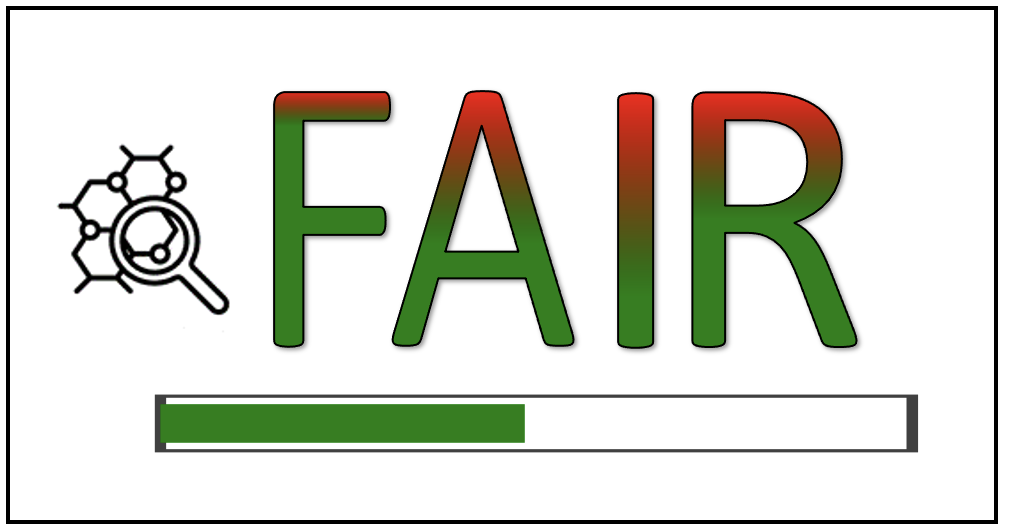Course Overview
Several projects within the H3Africa consortium are conducting Genome Wide Association Studies on different traits and phenotypes. H3ABioNet has run several workshops on the analysis of GWAS data, however, much of the focus has been on the quality control and running of the association analysis. H3ABioNet would therefore like to run a Post-GWAS course using the mixed-model learning approach used to provide the IBT and IntBT courses. If you are unfamiliar with the course model please have a look at the details for previously run courses here: https://h3abionet.org/index.php/training/ibt and https://h3abionet.org/index.php/training/int-bt. As with previous iterations of the IBT and IntBT courses, a call will go out with the requirements for institutions to host a classroom, followed by a call for participants to enrol to be part of a specific classroom. Classroom applications are currently open!
Several projects within the H3Africa consortium are conducting Genome Wide Association Studies on different traits and phenotypes. H3ABioNet has run several workshops on the analysis of GWAS data, however, much of the focus has been on the quality control and running of the association analysis. H3ABioNet would therefore like to run a Post-GWAS course using the mixed-model learning approach used to provide the IBT and IntBT courses. If you are unfamiliar with the course model please have a look at the details for previously run courses here: https://h3abionet.org/index.php/training/ibt and https://h3abionet.org/index.php/training/int-bt. As with previous iterations of the IBT and IntBT courses, a call will go out with the requirements for institutions to host a classroom, followed by a call for participants to enrol to be part of a specific classroom. Classroom applications are currently open!
Intended Audience
The course is pitched at the intermediate/advanced level and will be most useful to those participants who have had hands-on experience in analysing GWAS datasets. While this is a suggested requirement, a good fundamental understanding of the GWAS analysis process will also suffice to ensure that you gain the maximal knowledge from the topics in the course.
The course is pitched at the intermediate/advanced level and will be most useful to those participants who have had hands-on experience in analysing GWAS datasets. While this is a suggested requirement, a good fundamental understanding of the GWAS analysis process will also suffice to ensure that you gain the maximal knowledge from the topics in the course.
Keywords: GWAS, workflow, variants, Meta-analysis, postGWAS
Skill level of training:
Beginner
Language: English
Credential awarded: No credential awarded
Type of training: Blended/hybrid learning
Venue of the course: Online and local hosting sites
Dates for the course:
Every Tuesday and Thursday from 10:30 CAT to 14:30 CAT
Course organisers: Shaun Aron, Verena Ras, Sumir Panji, Nicola Mulder, Tshinakaho Malesa, Sindiswa Lukhele
Participation: FREE
Course Sponsors: H3ABioNet
Local Classrooms
Course objectives
After this workshop participants should:
- Be able to run the H3ABioNet QC and Association GWAS workflow on an example dataset and understand output report
- Understand the different types of PostGWAS analysis methods and their outputs
- Be able to perform fine mapping and visualisation of association results
- Be able to annotate variants of interest using HUMA
- Be able to model the effects of variants on a protein using PRIMO
- Be able to run a Protein network analysis using MDM-TASK (RIN, residue interaction networks)
- Understand and be able to perform a meta-analysis
- Understand the importance and use of Polygenic Risk Scores
- Understand and apply the concepts of Mendelian Randomisation
Classroom applications
Registration for classrooms opens:
Thu, 06/10/2022
Registration for classrooms closes:
Fri, 28/10/2022
Notification date for successful classrooms:
Thu, 10/11/2022
Maximum number of participants that may be accepted per classroom will be
capped at
Participant applications
Registration for participants opens:
Fri, 25/11/2022
Registration for participants closes:
Thursday, 15/12/2022
Participant registration link:
https://redcap.h3abionet.org/redcap/surveys/?s=THLNDTACRLWC9WFL
Notification date for successful participants:
Thursday 01/01/1970
Syllabus and Tools
The course will cover the following 5 core modules:
- Module 1: GWAS recap and PostGWAS Overview
- Module 2: Fine mapping and data visualization
- Module 3: Single variant annotation and functional enrichment analyses + Integration of eQTLs
- Module 4: Meta Analysis and Replication
- Module 5: Polygenic Risk Scores
- Module 6: Mendelian Randomisation
Prerequisites
- Familiarity with unix command line
- Familiarity with GWAS theory and concepts
- Familiarity with H3ABioNet GWAS analysis pipelines and tools
- Preferably have run GWAS before and ready to perform post-GWAS analyses
- GWAS lecture material covered as pre-study material ahead of joining the course - this material will be provided to successful applicants. There are also online resources available to provide some background information regarding an Introduction to GWAS: https://www.youtube.com/watch?v=4_-pxWFUpfU&list=PLcQ0XMykNhCQJPz0amnbz9BPM4Bu0Nkgf.
Course limitations
This workshop will not teach any foundational coding skills and will assume participants already have sufficient background in unix and R. This workshop will also not be teaching GWAS hence those joining the course already need to be familiar and have run the H3ABioNet GWAS pipeline.
This workshop will not teach any foundational coding skills and will assume participants already have sufficient background in unix and R. This workshop will also not be teaching GWAS hence those joining the course already need to be familiar and have run the H3ABioNet GWAS pipeline.
For more information, please visit
Training material availability
Training materials for this course will be available soon. Should you re-use any of these materials, please ensure that both the author/s of the material AND H3ABioNet are clearly credited.
